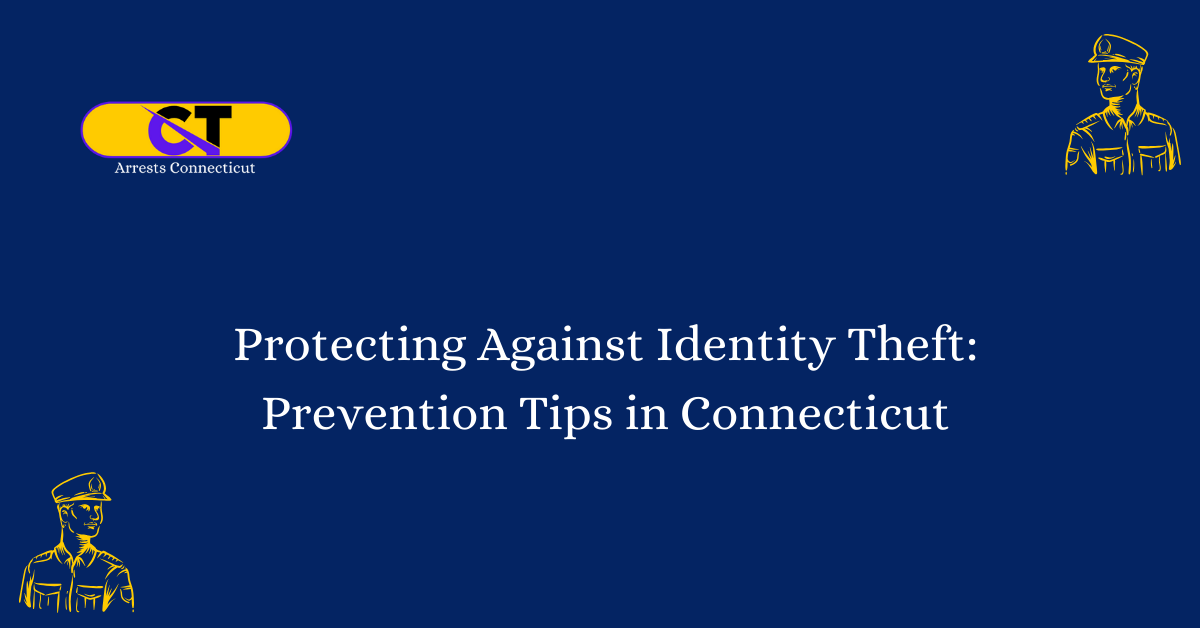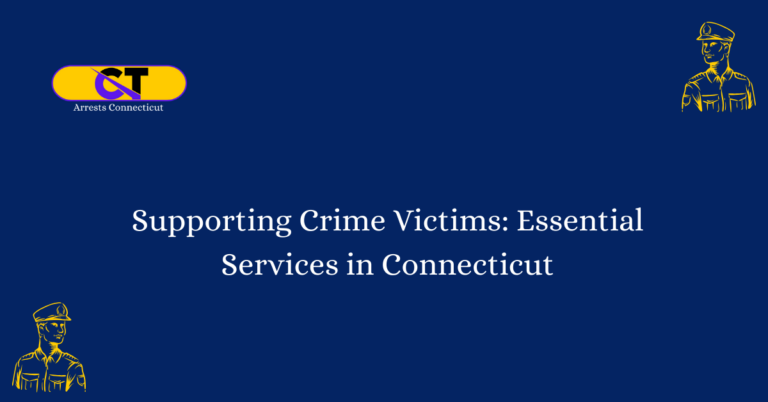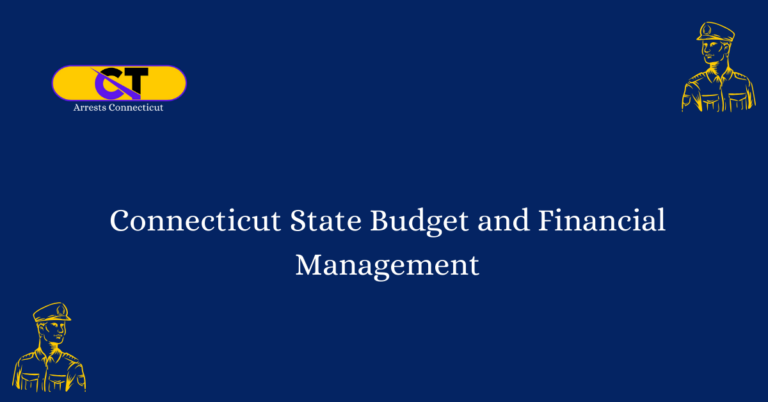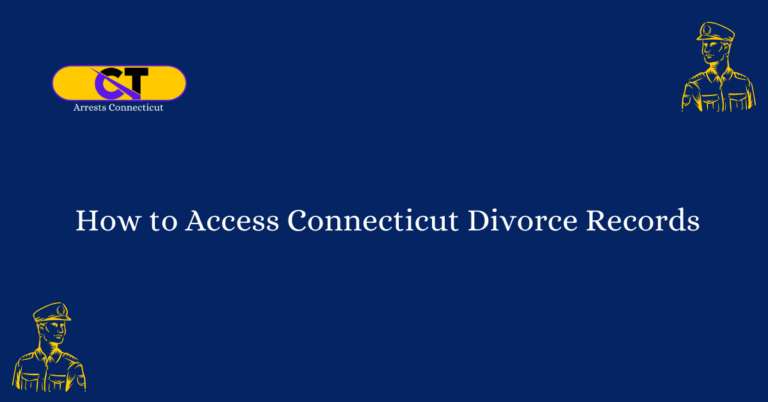Protecting Against Identity Theft Prevention Tips in Connecticut
Identity theft is a pervasive and ever-evolving threat that can have severe consequences for individuals in Connecticut and beyond. With the increasing reliance on digital platforms and the vast amount of personal information available online, it is crucial to be proactive in safeguarding your identity. This article provides comprehensive information and detailed prevention tips to help residents of Connecticut protect themselves against identity theft.
The Threat Landscape
To effectively guard against identity theft, it’s essential to comprehend the various ways criminals may attempt to steal personal information. Common methods include phishing emails, hacking, data breaches, and physical theft. Stay informed about the latest scams and techniques used by identity thieves to stay one step ahead.
Secure Personal Documents
Protecting physical documents is as important as safeguarding digital information. Store important documents such as Social Security cards, passports, and financial statements in a secure, locked location. Consider investing in a safe for added protection.
Strengthen Passwords and Use Two-Factor Authentication
Create strong, unique passwords for all online accounts, including banking, email, and social media. Use a combination of uppercase and lowercase letters, numbers, and symbols. Enable two-factor authentication whenever possible to add an extra layer of security.
Regularly Monitor Financial Statements
Frequently review your bank and credit card statements for any suspicious activity. Report any unauthorized transactions immediately to your financial institution. Regular monitoring allows for early detection of potential identity theft incidents.
Obtain and Monitor Your Credit Report
Request your free annual credit report from each of the major credit bureaus – Equifax, Experian, and TransUnion. Review these reports for inaccuracies or suspicious activity. Monitoring your credit report regularly can help you spot unauthorized accounts or changes to your credit history.
Be Cautious with Personal Information Sharing
Exercise caution when sharing personal information online or over the phone. Be particularly wary of unsolicited requests for sensitive information. Verify the legitimacy of the requestor before providing any details.
Use Secure Wi-Fi Networks
When accessing the internet, use secure, password-protected Wi-Fi networks. Avoid using public Wi-Fi for activities that involve sensitive information, such as online banking or shopping. Public networks are often less secure and more susceptible to hacking.
Install and Update Security Software
Keep your devices protected with reputable antivirus and anti-malware software. Regularly update your operating system and all applications to patch vulnerabilities that could be exploited by cybercriminals.
Shred Sensitive Documents
Before discarding any documents containing personal information, use a cross-cut shredder to ensure that the information cannot be easily reconstructed. This includes old bank statements, credit card offers, and any other documents with sensitive data.
Educate Yourself and Stay Informed
Stay informed about the latest identity theft trends and prevention techniques. Educate yourself on the red flags of phishing attempts, scams, and fraudulent activities. Awareness is a powerful tool in preventing identity theft.
FAQs
What is identity theft?
Identity theft refers to the unauthorized use of someone personal information, such as their name, social security number, or financial details, with the intention of committing fraud or other criminal activities.
How does identity theft occur?
Identity theft can occur through various methods, including phishing emails, data breaches, social engineering, and physical theft of personal documents. Criminals may use this stolen information to make fraudulent purchases, open credit accounts, or even assume the victims identity.
What are the signs that my identity may have been stolen?
Signs of identity theft include unexpected credit card charges, unfamiliar accounts or loans in your name, receiving bills or collection notices for debts you do not owe, and being denied credit or loans due to false information on your credit report.
How can I protect myself against identity theft?
There are several steps you can take to protect yourself against identity theft. These include regularly monitoring your financial accounts and credit reports, using strong and unique passwords for online accounts, being cautious of sharing personal information online, and shredding documents containing sensitive information before discarding them.
What should I do if I suspect I am a victim of identity theft?
If you suspect you are a victim of identity theft, it is important to act quickly. Contact your financial institutions to report any fraudulent activity, place a fraud alert on your credit reports, and file a report with your local law enforcement agency. It is also recommended to notify the Federal Trade Commission (FTC) and consider placing a credit freeze to prevent further unauthorized access to your credit information.
How can your company help me in the fight against identity theft?
At our company, we are dedicated to providing you with the knowledge and tools you need to protect yourself against identity theft. We offer comprehensive prevention tips that cover secure online practices and proactive measures you can take in your daily life. With our resources, you can safeguard your personal information and enjoy peace of mind, knowing that you are taking control of your digital presence.
Conclusion
Protecting against identity theft requires a combination of vigilance, awareness, and proactive measures. By following these detailed prevention tips, residents of Connecticut can significantly reduce their risk of falling victim to identity theft. Remember, staying informed and implementing security measures are key to safeguarding your personal information in an increasingly digital world.







